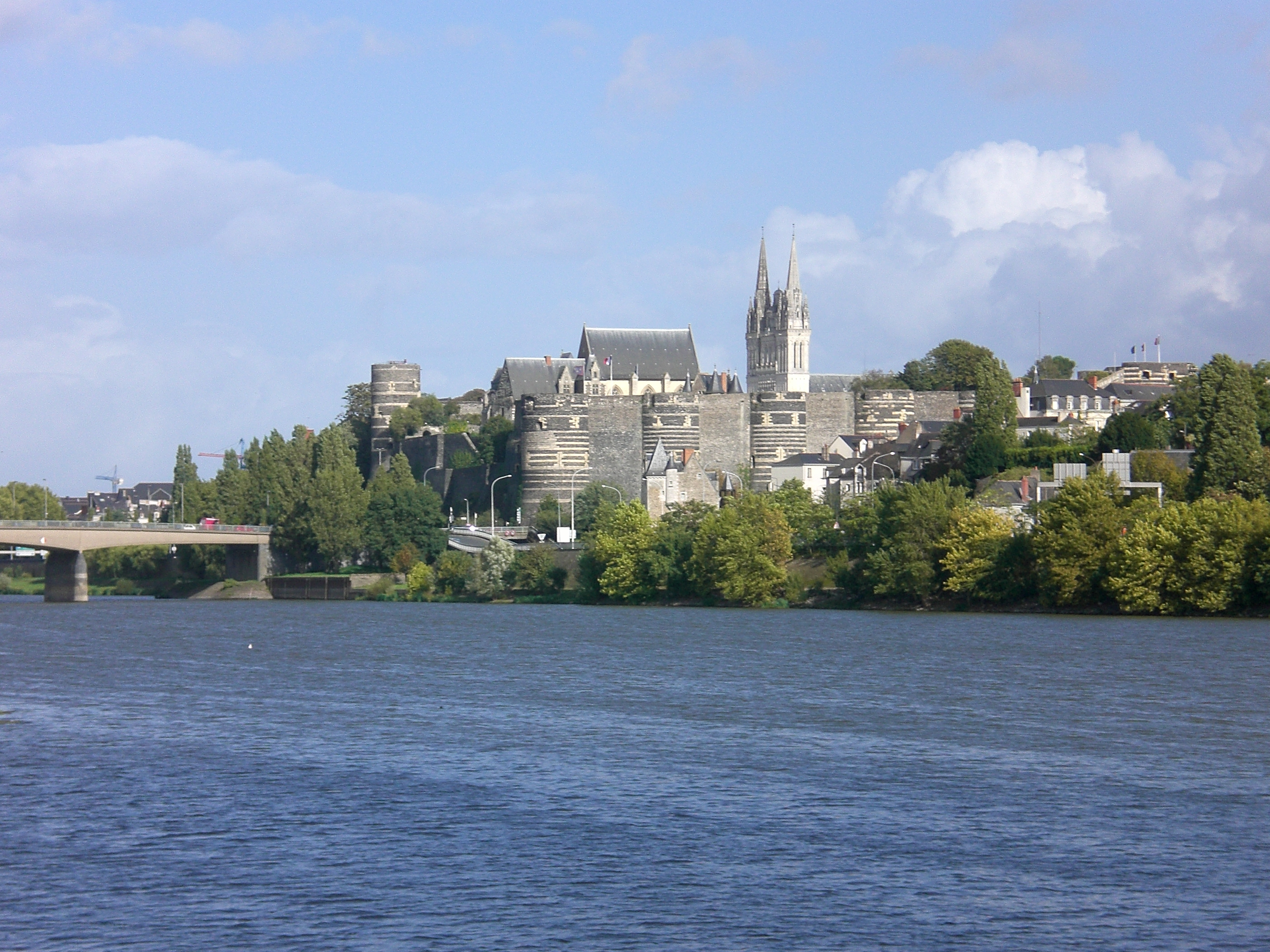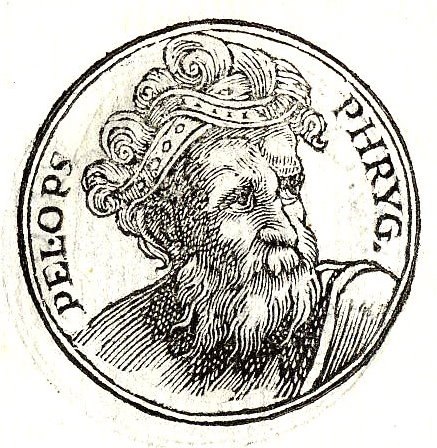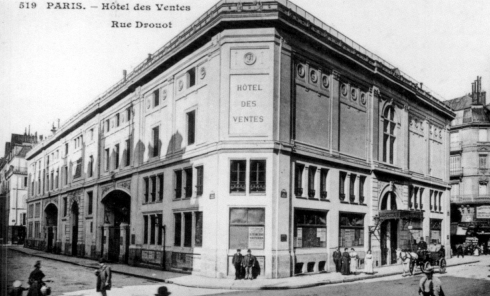|
Hervé Bazin
Hervé Bazin (; 17 April 191117 February 1996) was a French writer, whose best-known novels covered semi-autobiographical topics of teenage rebellion and dysfunctional families. Biography Bazin, born Jean-Pierre Hervé-Bazin in Angers, Maine-et-Loire, France came from a high-bourgeois Catholic family. He was the great-nephew of the writer René Bazin. His father was a magistrate who with his wife had been sent to China to take up a diplomatic post. Hervé and his brother were brought up in the ancestral home, the chateau of Le Patys, by their grandmother. When she died, his mother returned from Hanoi with reluctance. She sent Bazin to a variety of clerical establishments and then to the military academy, the Prytanée de la Fleche, from which he was expelled as incompetent. He opposed his authoritarian mother, ran away several times during his teens, and refused Catholic teachings. At the age of 20 he broke up with his family. Leaving his home for Paris, he took a degree ... [...More Info...] [...Related Items...] OR: [Wikipedia] [Google] [Baidu] |
Angers
Angers (, , ) is a city in western France, about southwest of Paris. It is the prefecture of the Maine-et-Loire department and was the capital of the province of Anjou until the French Revolution. The inhabitants of both the city and the province are called ''Angevins'' or, more rarely, ''Angeriens''. Angers proper covers and has a population of 154,508 inhabitants, while around 432,900 live in its metropolitan area (''aire d'attraction''). The Angers Loire Métropole is made up of 29 communes covering with 299,500 inhabitants (2018).Comparateur de territoire INSEE Not including the broader metropolitan area, Angers is the third most populous [...More Info...] [...Related Items...] OR: [Wikipedia] [Google] [Baidu] |
Atrides
In Greek mythology, Atreus ( , ; from ἀ-, "no" and τρέω, "tremble", "fearless", gr, Ἀτρεύς ) was a king of Mycenae in the Peloponnese, the son of Pelops and Hippodamia, and the father of Agamemnon and Menelaus. Collectively, his descendants are known as Atreidai or Atreidae. Atreus and his twin brother Thyestes were exiled by their father for murdering their half-brother Chrysippus in their desire for the throne of Olympia. They took refuge in Mycenae, where they ascended to the throne in the absence of King Eurystheus, who was fighting the Heracleidae. Eurystheus had meant for their stewardship to be temporary, but it became permanent after his death in battle. According to most ancient sources, Atreus was the father of Pleisthenes, but in some lyric poets (Ibycus, Bacchylides) Pleisthenides (son of Pleisthenes) is used as an alternative name for Atreus himself. Atreides Atreides is a patronymic form of Atreus which refers to one of his sons—Agamemnon or ... [...More Info...] [...Related Items...] OR: [Wikipedia] [Google] [Baidu] |
Phonemic Orthography
A phonemic orthography is an orthography (system for writing a language) in which the graphemes (written symbols) correspond to the phonemes (significant spoken sounds) of the language. Natural languages rarely have perfectly phonemic orthographies; a high degree of grapheme-phoneme correspondence can be expected in orthographies based on alphabetic writing systems, but they differ in how complete this correspondence is. English orthography, for example, is alphabetic but highly nonphonemic; it was once mostly phonemic during the Middle English stage, when the modern spellings originated, but spoken English changed rapidly while the orthography was much more stable, resulting in the modern nonphonemic situation. However, because of their relatively recent modernizations compared to English, the Serbian/Croatian/ Bosnian/ Montenegrin, Romanian, Italian, Turkish, Spanish, Finnish, Czech, Latvian, Esperanto, Korean and Swahili orthographic systems come much closer to being con ... [...More Info...] [...Related Items...] OR: [Wikipedia] [Google] [Baidu] |
Hôtel Drouot
Hôtel Drouot is a large auction house in Paris, known for fine art, antiques, and antiquities. It consists of 16 halls hosting 70 independent auction firms, which operate under the umbrella grouping of Drouot. The firm's main location, called Drouot-Richelieu, is situated on the Rue Drouot in the 9th arrondissement of Paris, on a site once occupied by the Paris Opera's Salle Le Peletier. The nearest Métro station is Richelieu - Drouot. Other locations are Drouot-Montaigne, Drouot-Montmartre, and Drouot-Véhicules. Details of forthcoming auctions are published in the weekly ''Gazette de l'Hôtel Drouot'', sold at newsstands and by subscription. In 2008 Hôtel Drouot was ranked fifth by sales amongst Paris auction houses, after Sotheby's, Christie's, Artcurial, and Ader-Picard-Tajan. History The Hôtel Drouot was inaugurated on 1 June 1852. From 1976 to 1980, while its present building was being constructed, sales took place in the former Gare d'Orsay. In 2000, reform of ... [...More Info...] [...Related Items...] OR: [Wikipedia] [Google] [Baidu] |
Goncourt
The Goncourt brothers (, , ) were Edmond de Goncourt (1822–1896) and Jules de Goncourt (1830–1870), both French naturalism writers who, as collaborative sibling authors, were inseparable in life. Background Edmond and Jules were born to minor aristocrats Marc-Pierre Huot de Goncourt and his second wife Annette-Cécile de Goncourt (née Guérin). Marc-Pierre was a retired cavalry officer and squadron leader in the Grande Armée of Napoléon I. The brothers' great-grandfather, Antoine Huot de Goncourt, purchased the ''seigneurie'' of the village of Goncourt in the Meuse Valley in 1786, and their grandfather Huot sat as a deputy in the National Assembly of 1789. The brothers' uncle, Pierre Antoine Victor Huot de Goncourt, was a deputy for the Vosges in the National Assembly between 1848 and 1851. In 1860, the brothers applied to the Keeper of the Seals for the exclusive use of the noble title "de Goncourt", but their claim was refused. Partnership They formed a partners ... [...More Info...] [...Related Items...] OR: [Wikipedia] [Google] [Baidu] |
Nancy, France
Nancy ; Lorraine Franconian: ''Nanzisch'' is the prefecture of the northeastern French department of Meurthe-et-Moselle. It was the capital of the Duchy of Lorraine, which was annexed by France under King Louis XV in 1766 and replaced by a province, with Nancy maintained as capital. Following its rise to prominence in the Age of Enlightenment, it was nicknamed the "capital of Eastern France" in the late 19th century. The metropolitan area of Nancy had a population of 511,257 inhabitants at the 2018 census, making it the 16th-largest functional urban area in France and Lorraine's largest. The population of the city of Nancy proper is 104,885. The motto of the city is , —a reference to the thistle, which is a symbol of Lorraine. Place Stanislas, a large square built between 1752 and 1756 by architect Emmanuel Héré under the direction of Stanislaus I of Poland to link the medieval old town of Nancy and the new city built under Charles III, Duke of Lorraine in the 17th ... [...More Info...] [...Related Items...] OR: [Wikipedia] [Google] [Baidu] |
Roger Peyrefitte
Roger is a given name, usually masculine, and a surname. The given name is derived from the Old French personal names ' and '. These names are of Germanic origin, derived from the elements ', ''χrōþi'' ("fame", "renown", "honour") and ', ' ("spear", "lance") (Hrōþigēraz). The name was introduced into England by the Normans. In Normandy, the Frankish name had been reinforced by the Old Norse cognate '. The name introduced into England replaced the Old English cognate '. ''Roger'' became a very common given name during the Middle Ages. A variant form of the given name ''Roger'' that is closer to the name's origin is ''Rodger''. Slang and other uses Roger is also a short version of the term "Jolly Roger", which refers to a black flag with a white skull and crossbones, formerly used by sea pirates since as early as 1723. From up to , Roger was slang for the word "penis". In ''Under Milk Wood'', Dylan Thomas writes "jolly, rodgered" suggesting both the sexual double entend ... [...More Info...] [...Related Items...] OR: [Wikipedia] [Google] [Baidu] |
Lenin Peace Prize
The International Lenin Peace Prize (russian: международная Ленинская премия мира, ''mezhdunarodnaya Leninskaya premiya mira)'' was a Soviet Union award named in honor of Vladimir Lenin. It was awarded by a panel appointed by the Soviet government, to notable individuals whom the panel indicated had "strengthened peace among comrades". It was founded as the International Stalin Prize for Strengthening Peace Among Peoples, but was renamed the International Lenin Prize for Strengthening Peace Among Peoples (russian: Международная Ленинская премия «За укрепление мира между народами», ''Mezhdunarodnaya Leninskaya premiya «Za ukrepleniye mira mezhdu narodami»'') as a result of destalinization, de-Stalinization. Unlike the Nobel Prize, the Lenin Peace Prize was usually awarded to several people a year rather than to just one individual. The prize was mainly awarded to prominent communism, Comm ... [...More Info...] [...Related Items...] OR: [Wikipedia] [Google] [Baidu] |
Communist Party
A communist party is a political party that seeks to realize the socio-economic goals of communism. The term ''communist party'' was popularized by the title of '' The Manifesto of the Communist Party'' (1848) by Karl Marx and Friedrich Engels. As a vanguard party, the communist party guides the political education and development of the working class (proletariat). As a ruling party, the communist party exercises power through the dictatorship of the proletariat. Vladimir Lenin developed the idea of the communist party as the revolutionary vanguard, when the socialist movement in Imperial Russia was divided into ideologically opposed factions, the Bolshevik faction ("of the majority") and the Menshevik faction ("of the minority"). To be politically effective, Lenin proposed a small vanguard party managed with democratic centralism which allowed centralized command of a disciplined cadre of professional revolutionaries. Once a policy was agreed upon, realizing political go ... [...More Info...] [...Related Items...] OR: [Wikipedia] [Google] [Baidu] |
Mouvement De La Paix
The ''Mouvement de la Paix'' is an organisation which promotes a culture of peace initiated by the United Nations. The movement was created in the aftermath of the Second World War by the large resistance movements, particularly those associated with communists, Christians and free-thinkers, and was linked directly to the ''Mouvement mondial des partisans de la paix'' whose aim was to struggle for peace. Origins The origin of the Movement was to be found in the creation of "''Combattants de la Liberté''" in the aftermath of the Second World War. It was the communist leader, Charles Tillon who, at the end of 1947, launched an appeal for the creation of an organisation devoted to "supporting the republican régime and preventing the return of fascism and dictatorship".in ''"Un procès de Moscou à Paris"'' On 22 February 1948, about 60 people who had been active in the resistance founded "''les Combattants de la Liberté''" in a meeting at the ''l'Hôtel des 2 Mondes'' in Paris. ... [...More Info...] [...Related Items...] OR: [Wikipedia] [Google] [Baidu] |
François Nourissier
François Nourissier (Paris, 18 May 1927–Paris, 15 February 2011) was a French journalist and writer. Nourissier was the secretary-general of Éditions Denoël (1952–1955), editor of the review ''La Parisienne'' (1955–1958), and an adviser with the Éditions Grasset Paris publishing house (1958–1996). In 1970, he won the Prix Femina for his book ''La crève''. Several of his novels have been made into motion pictures and in 1973 he was a member of the Jury at the Cannes Film Festival. François Nourissier was elected to the Académie Goncourt in 1977. He served as the literary organization's Secretary-General in 1983, and was its president from 1996 to 2002. In 2002, he was awarded the Prix mondial Cino Del Duca. On 15 February 2011 Francois Nourissier died at Sainte-Perine Hospital in Paris from the complications of Parkinson's disease. Major works * 1951 : ''L'Eau Grise'' * 1956 : ''Les Orphelins d'Auteuil'', ''Les Chiens à fouetter'' * 1957 : ''Le Corps de Diane'' ... [...More Info...] [...Related Items...] OR: [Wikipedia] [Google] [Baidu] |
Jorge Semprún
Jorge Semprún Maura (; 10 December 1923 – 7 June 2011) was a Spanish writer and politician who lived in France most of his life and wrote primarily in French. From 1953 to 1962, during the dictatorship of Francisco Franco, Semprún lived clandestinely in Spain working as an organizer for the exiled Communist Party of Spain, but was expelled from the party in 1964. After the death of Franco and change to a democratic government, he served as Minister of Culture in Spain's socialist government from 1988 to 1991. He was a screenwriter for two successive films by the Greek director Costa-Gavras, '' Z'' (1969) and '' The Confession'' (1970), which dealt with the theme of persecution by governments. For his work on the films ''The War Is Over'' (1966) and '' Z'' (1969) Semprún was nominated for the Academy Award. In 1996, he became the first non-French author elected to the ''Académie Goncourt'', which awards an annual literary prize. He won the 1997 Jerusalem Prize, and the 200 ... [...More Info...] [...Related Items...] OR: [Wikipedia] [Google] [Baidu] |



.jpg)
